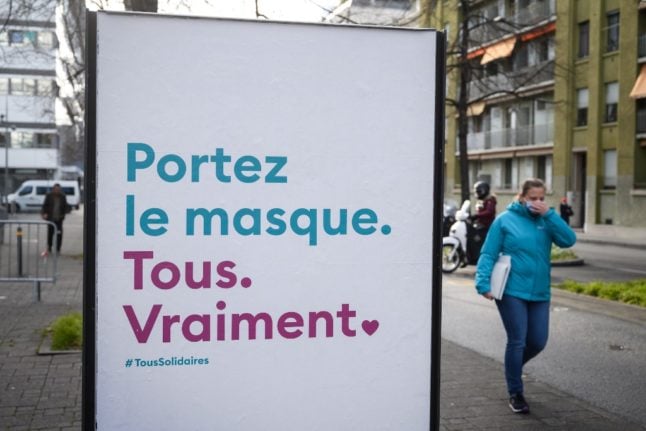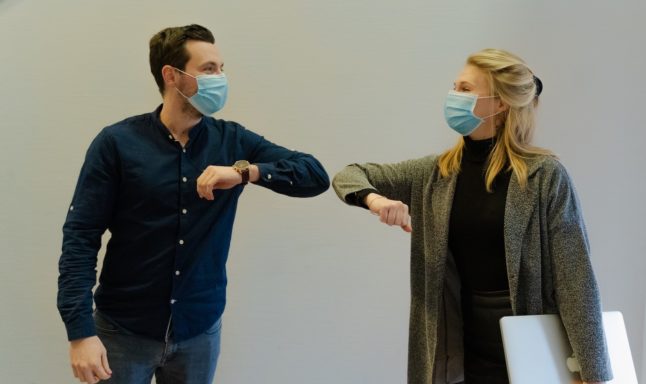The government said it wanted to bring in new nationwide measures from Saturday, including a 7pm closing time for shops and restaurants — with total closure an option down the line if the situation does not improve rapidly.
“The epidemiological situation in Switzerland is noticeably deteriorating,” the government said in a statement.
“The number of infections is high and rising again, and the occupancy of intensive care beds remains very high.
“On average, 100 infected people infect more than 100 other people. This increases the number of cases again exponentially.”
The government said it would meet on Friday to set standardised Covid-19 control measures across the country, to apply from Saturday until January 20, if the country's cantons agree.
It is proposing that restaurants, shops, markets and leisure facilities close at 7pm and remain shut on Sundays.
It also proposes that five people from two households can gather for private events, with exceptions for celebrations for up to 10 people from December 24 to 26, and on December 31 for Christmas and New Year festivities.
Public events will be banned, with the exception of religious celebrations and legislative meetings.
“If the situation worsens further in the next week, the Federal Council plans to adopt further measures at its meeting on December 18, such as the closure of restaurants and shops,” it said.
“We do not want to find ourselves once again in a situation where there is not other alternative than closing everything down,” Health Minister Alain Berset told a press conference in the capital Bern.
Switzerland, population 8.6 million, has recorded more than 357,000 coronavirus infections and 5,000 deaths.
The country earlier announced that it had secured an additional three million doses of the Moderna vaccine as it tries to hedge its bets between rival Covid-19 jabs.
Switzerland has now secured, in total, around 7.5 million doses of US biotechnology firm Moderna's vaccine.
It has also signed contracts for around 5.3 million doses of the AstraZeneca vaccine and, in a deal announced Monday, around three million doses of the Pfizer-BioNTech vaccine.
The three different vaccines are currently awaiting approval from the Swissmedic national regulator.



 Please whitelist us to continue reading.
Please whitelist us to continue reading.
Member comments